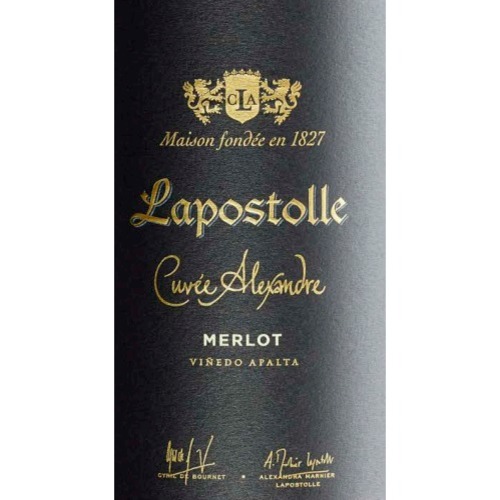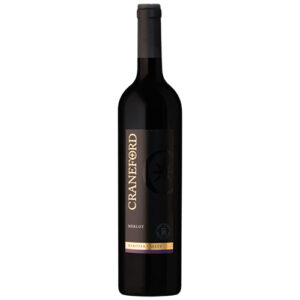Casa Lapostolle Merlot Cuvee Alexander


$23.99
”climatic condition of valle de colchagua apalta is located 170 kilometers south west of santiago in the colchagua valley. The vineyard is situated on a north to south exposure which is quite rare in chile. The tinguiririca river rests on one side and the hills from the coastal cordillera surround the vineyard like a horseshoe on the other. Both are integral in forming this unique terroir. This geography is responsible for the conditions that ensure balance for our vines and a slow ripening for the grapes. At sunrise and sunset the hills block the sun’s rays limiting the vines exposure to intense sunshine and the river has a cooling influence on the climate. Apalta has special meso-climate that is different from the rest of colchagua valley. Its climate could be described as semiarid mediterranean; with a winter only rainy season and a long dry summer season. Rains are highly concentrated during the winter reaching over 450 mm on average. During the growing season (oct-april) we
”climatic condition of valle de colchagua apalta is located 170 kilometers south west of santiago in the colchagua valley. The vineyard is situated on a north to south exposure which is quite rare in chile. The tinguiririca river rests on one side and the hills from the coastal cordillera surround the vineyard like a horseshoe on the other. Both are integral in forming this unique terroir. This geography is responsible for the conditions that ensure balance for our vines and a slow ripening for the grapes. At sunrise and sunset the hills block the sun’s rays limiting the vines exposure to intense sunshine and the river has a cooling influence on the climate. Apalta has special meso-climate that is different from the rest of colchagua valley. Its climate could be described as semiarid mediterranean; with a winter only rainy season and a long dry summer season. Rains are highly concentrated during the winter reaching over 450 mm on average. During the growing season (oct-april) we




